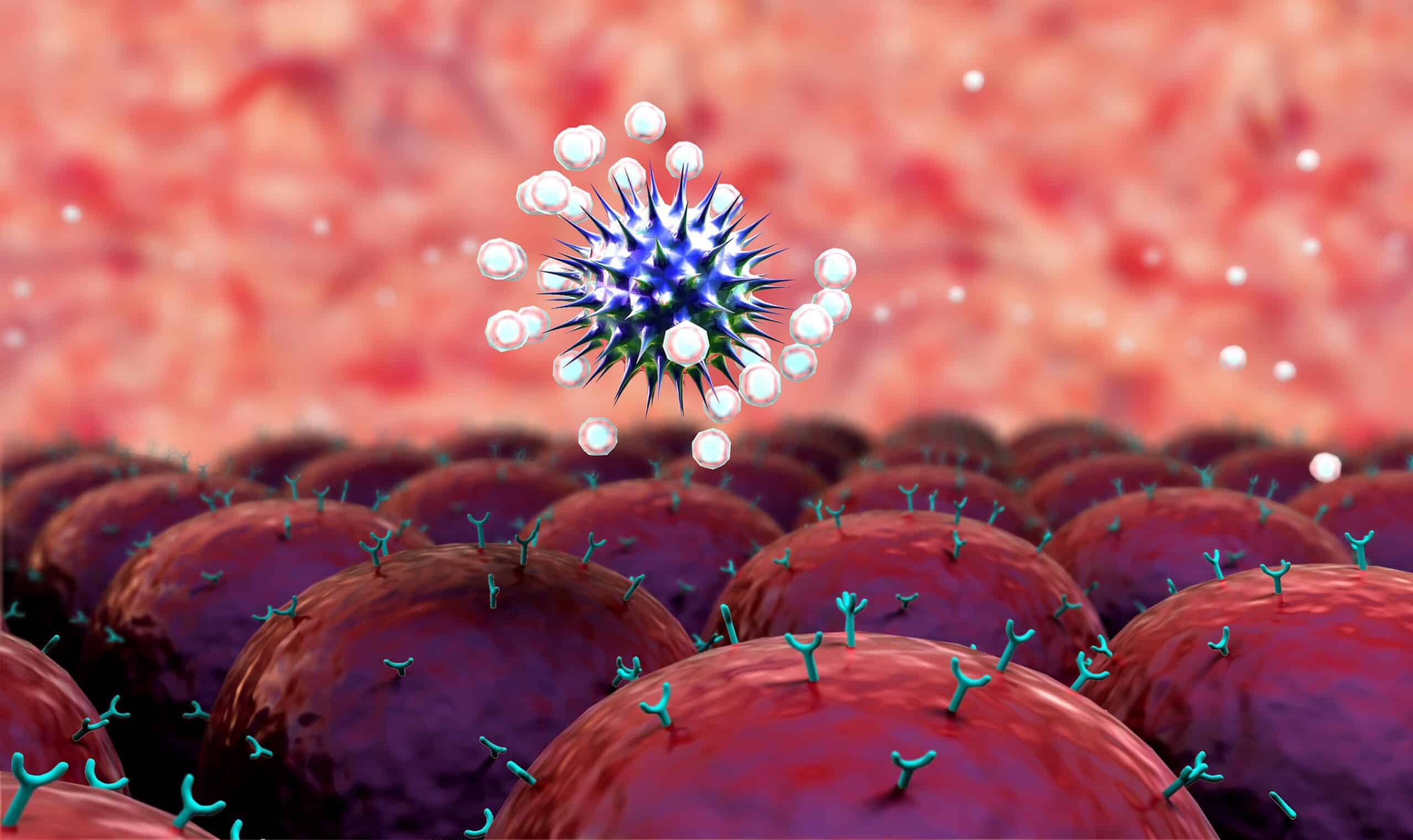Research from the University of Tubingen has found getting enough sleep enhances effectiveness of special immune cells called T-cells which recognize foreign bodies and pathogens that enter the body and activate proteins which enable them to attach to their targets and fight them off, as published in the Journal of Experimental Medicine.
T-cells were taken from participants who either slept or stayed awake, T-cells taken from those who were sleeping were found to have had higher amounts of integrin activation than those who were awake, leading the team to conclude that sleep positively impacts proper functioning of T-cells as part of the immune system response.
Given the high prevalence of sleep disorders and other conditions characterized by poor sleep such as aging, depression, shift work, and chronic stress the team believes their findings may be useful and could lead to the development of new methods to improve T-cell ability to latch onto targets which may be useful in applications such as cancer immunotherapy.
When you don’t get enough sleep the body creates less cytokines which target inflammation and infections which can lead to sickness. The journal Sleep published a study showing that shorter sleep duration is linked to greater risk of getting sick if exposed to the cold virus.
Getting enough sleep helps enable the body to regulate blood pressure which can improve heart health. Poor sleep habits are linked to obesity and inability to regulate food intake, and sleep deprivation may contribute to inflammation related diseases such as IBS.
Adults are suggested to try to get 7 hours of sleep per night, and those older than 60 should aim for 8-9 hours if possible. It is not just the number of hours that is important, quality of sleep is equally important. If you wake up frequently throughout the night or are not feeling rested even after getting in enough hours of sleep, the quality of those hours need to be improved upon.
Try going to bed at the same time every night, try to manage stress during the day and not let it build, meditation may help, exercise has been shown to help, and try to be active as well as spend time outside during the day. In the hours leading up to bedtime try to reduce exposure to screen time and blue light emitted by mobile devices.
In addition to managing stress, exercising, and getting enough sleep, eating healthy is an important part of keeping the immune system in optimal shape. It is best to always try to avoid processed and sweetened foods and opt for organic antioxidant rich fruits and vegetables as much as possible.




